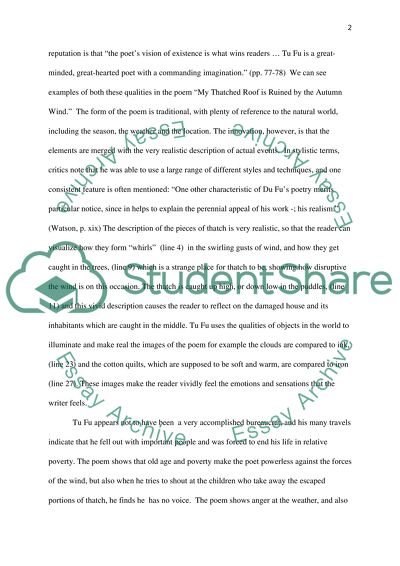Cite this document
(“Last poem Term Paper Example | Topics and Well Written Essays - 1500 words”, n.d.)
Retrieved de https://studentshare.org/environmental-studies/1414836-last-poem
Retrieved de https://studentshare.org/environmental-studies/1414836-last-poem
(Last Poem Term Paper Example | Topics and Well Written Essays - 1500 Words)
https://studentshare.org/environmental-studies/1414836-last-poem.
https://studentshare.org/environmental-studies/1414836-last-poem.
“Last Poem Term Paper Example | Topics and Well Written Essays - 1500 Words”, n.d. https://studentshare.org/environmental-studies/1414836-last-poem.


